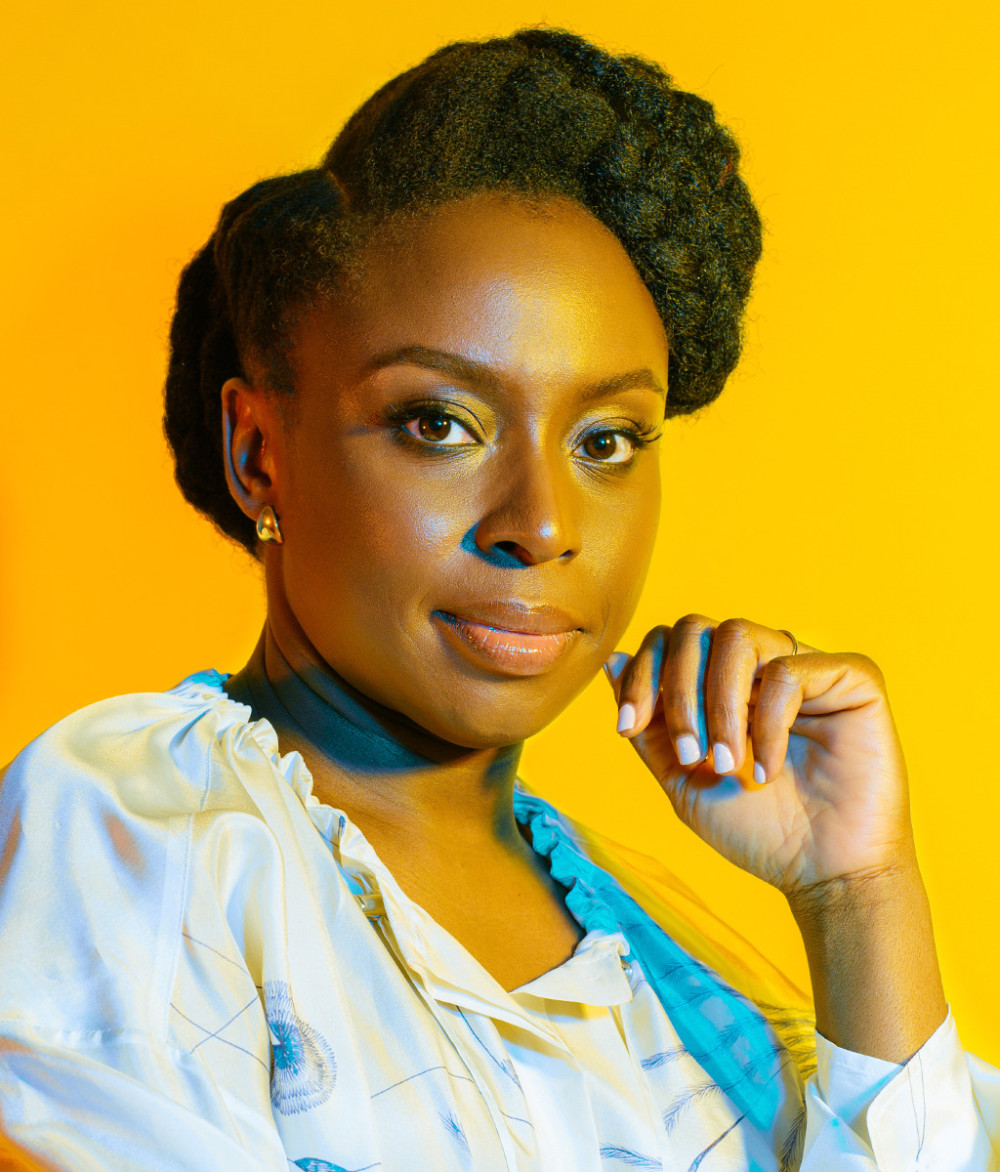News
Chimamanda Ngozi Adichie spotlights “The Carnage of the Cameroons” in Op-Ed for NYT
Chimamanda Ngozi Adichie in a new op-ed piece for New York Times, shines the light on the conflict in Cameroon through the story of her friend, Theo who is from Cameroon.
It’s an absolute horror, what’s happening in Cameroon. There have been reports, as well as video evidence, of state-sanctioned torture, killings, and destruction of private property.
“The past year, a dark sighing heaviness has blanketed him,” Adichie writes about Theo.
“He is an Anglophone Cameroonian, and his home is in peril. The carnage is not so much about language as it is about yet another African nation’s fatal disregard of its minority population,” she added.
The crisis “is also about the muddled sludge of Europe’s colonial legacy,” Adichie writes, saying after France and Great Britain captured what is now known to be Cameroon from the Germans and divided it among themselves, the country became, constitutionally, an equal union but was, in reality, an unequal union, as the Francophone region was much larger in size and population. “It quickly became, by political intent, an unjust union,” she adds.
On Theo’s life, Adichie writes:
For Theo, growing up in the Anglophone city of Bamenda, this was merely official confirmation of his lived reality. To be born an Anglophone was to grow up acutely aware of your marginal identity. It was to joke about minor government ministries being “Anglophone ministries.” Anglophones, who make up about 20 percent of the population, struggled to learn French while Francophones brushed aside English. It wasn’t merely French that was considered superior, but Frenchness as well — the bureaucracy, the culture, in what one Cameroonian academic called the “gallicising of public life.”
In secondary school, Theo hated chemistry because his Francophone teacher barely spoke English, and when the confused students asked questions, the teacher flogged them, while swearing at them in French. Once, Francophone police officers stopped a bus that Theo was traveling on and singled out English-speakers, harassing them, calling them “Anglo-fools.” Theo’s uncle learned French and tried to pass as Francophone to get a job in Yaoundé, the capital.
Like many Cameroonians from both regions who suffer the bribe-seeking incompetence of government bureaucracy, Theo’s father, a court registrar, was not paid his pension after he retired. Theo traveled with him to Yaoundé to inquire about the money. There, in a Civil Service office, his father spoke English. The official responded in French. “This is a bilingual country and if you are employed in this position you should be able to speak English and French,” his father said. (Theo adds, “My father was a bit of a troublemaker.”) Perhaps Theo’s father was tired of the malaise of marginalization, of feeling like a second-class citizen in his own country; perhaps he thought he could speak his mind with no consequences. But his pension was never paid. When he died, his extended family, who depended financially on him, was bereft.
Theo wanted opportunity; he wanted choices. It was 2000, and there was great demand in China for teachers of English, as part of the Chinese passport to the world initiative. Theo responded to an online job advertisement. He was surprised to get an offer. With money saved from a small trade in rice and beans, he secured a visa and bought a ticket to China.
There, he taught English. He learned Mandarin. He fell in love with Libby, her elegance, her intelligence, her quiet confidence. They bonded over their shared Christianity. They had a daughter. When Libby got pregnant again, they worried about the price they would have to pay for violating the one-child policy. They desperately wanted the baby. And so they came to America as asylum seekers.
Concluding her article, Adichie says:
Recently, Theo’s son was playing with our toddler daughter and pulled out a blue flashcard from a toy basket. “That’s indigo!” he said.
I teased Theo. “You overachieving African immigrant! The poor boy is barely 3 years old and he doesn’t just know blue, he knows indigo?”
“We do drills,” Theo said solemnly. “I want to prepare him for kindergarten. At least in this country you succeed on merit.”
Then he looked away, sounding a little unsure.
Read the full piece on New York Times HERE.
**
BellaNaija will like to hear from people who either have personally experienced the killings, torture and destruction of properties, or have friends or relatives who do.
We want you to share your story, bring to the fore this 21st-century horror.
We know not everyone can write, and that’s fine. All you have to do is send a mail to features(at)bellanaija(dot)com. Don’t worry about syntax or structure or even grammar. All we want is your story: raw and true.
Have the email subject read: I Stand With Cameroon.
Let’s get the international community to do something, stop the killings.




















